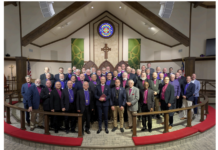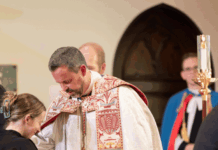
This report presents evidence of serious human rights violations that have targeted individuals and communities in North Korea for their religion or belief. Our evidence is based on 456 documented cases of human rights violations involving 244 victims and 141 perpetrators. In 97% of cases, documented human rights violations were perpetrated by agents of the North Korean state.
Our evidence demonstrates that the adherents of two religions, North Korean Shamanism and Christianity, have experienced arbitrary arrest and detention; forced labour; torture and cruel, inhuman, or degrading treatment; the denial of fair trial rights; the denial of the principle of non-refoulement; the denial of the right to life; and sexual violence. Spanning the years 1987–2019, these violations were neither arbitrary nor random. They have been a part of systematic and targeted attacks directed at religious minorities.
These patterns of violations underscore the total denial of the right to freedom of thought, conscience, and religion—often known as the right to religious freedom—in North Korea. This right, which is denied to the North Korean population, is a fundamental and universal human right that protects all people, including those who hold atheistic beliefs and those who choose not to have any religion or belief, to be free from discrimination based on a religion or belief; to espouse or change their religion or belief; and to manifest or outwardly display a religion or belief, either alone or as part of a community.
Evidence in this report builds upon previous work in 2020 and enables us to draw conclusions about the perpetrators of documented crimes, violations, and abuses. We find the denial of the right to religious freedom is made possible by the active mobilisation of every organ of the North Korean government, in particular the Ministry of People’s Security, the Ministry of State Security, the Prosecutor’s Office, and the Workers’ Party of Korea. In many cases, our evidence links specific human rights violations to named perpetrators and state organisations. And in certain cases, we are able to establish further links to command structures; documents that demonstrate planning, coordination, and intent in the persecution of religious communities; and high-ranking officials who may ultimately be accountable for criminal activity.
Our evidence has been preserved in preparation to support future accountability initiatives that may hold to account direct perpetrators and those who commanded, planned, or allowed serious human rights violations against religious minorities to take place. The dataset used for this report is freely available online at our North Korean Religious Freedom Database.


